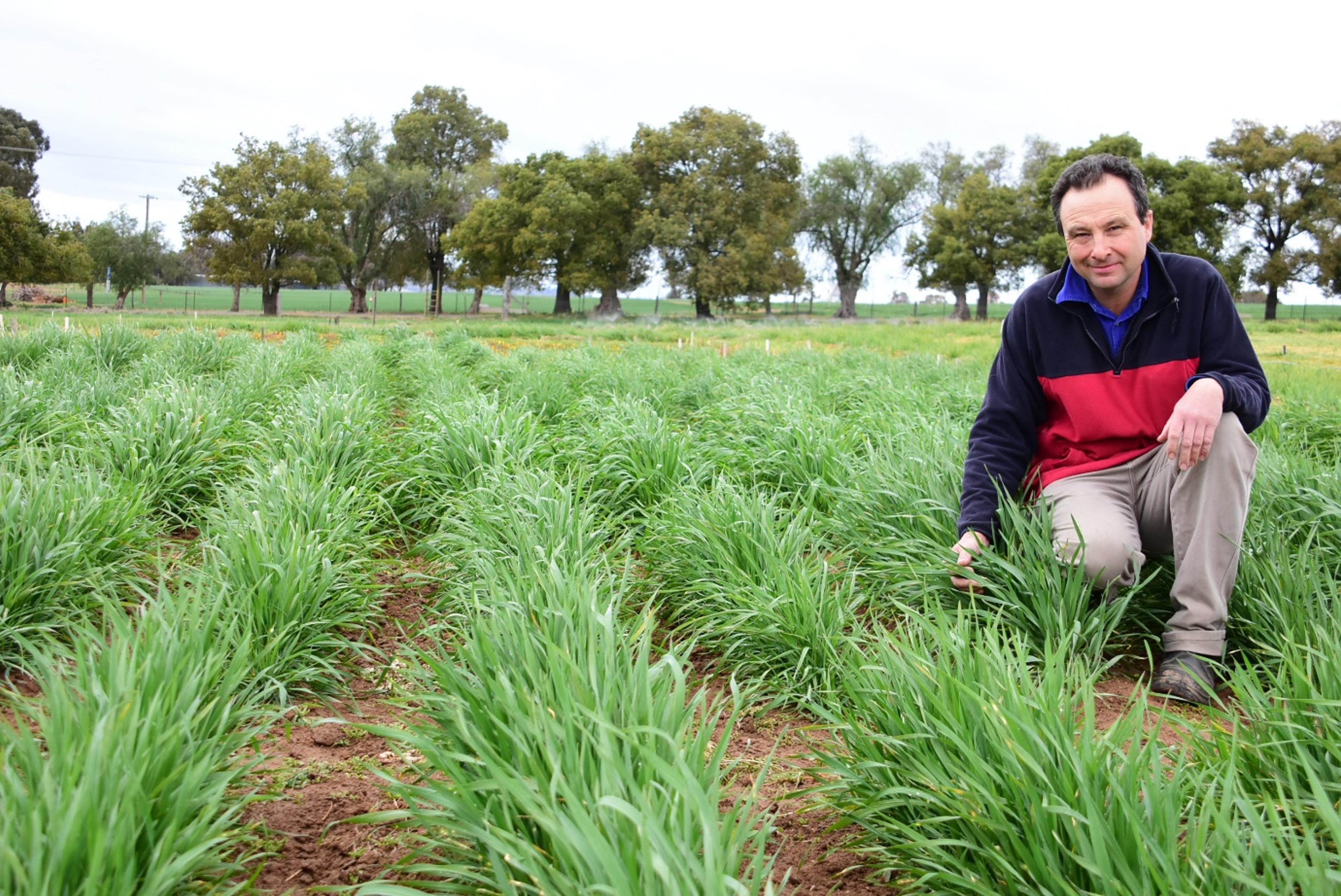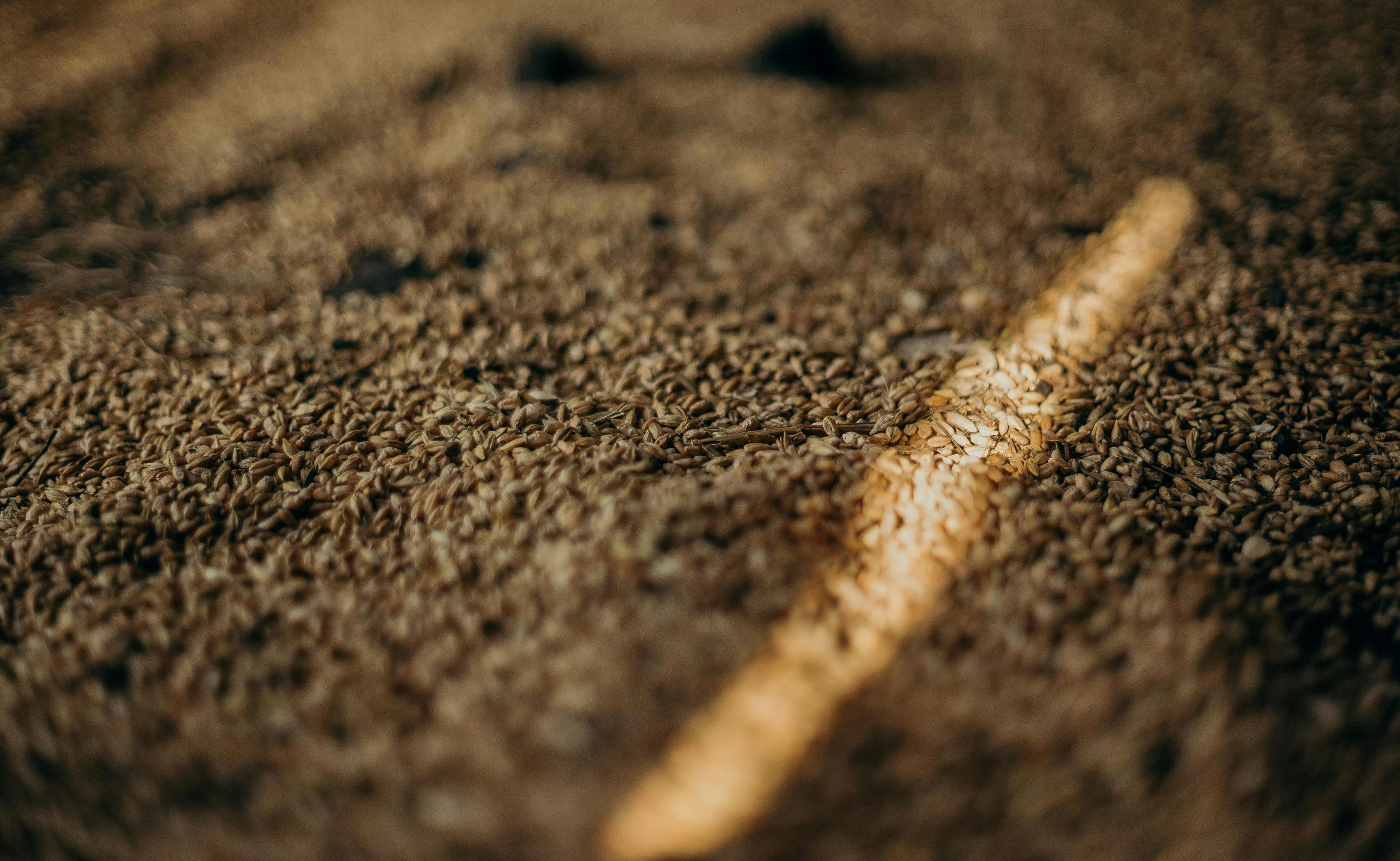Mountain Rye Perennial Project
Grant Amount: $15,000
Region: New South Wales
Delivered by: Matt Newell
Year funded: 2024
Project status: Complete
The Challenge
In Australia, grain is a cornerstone of the agricultural industry, underpinning a vast array of products from bread to beer. Despite the country's reliance on grains, the majority of these crops are cultivated using industrial farming methods that have a substantial environmental impact. Many areas of the Australian wheatbelt are experiencing negative impacts on water quality, soil health and regional hydrology due to the intensive cultivation of annual crops.
The Innovation
Incorporating perennial grains into annual cropping systems has the potential to restore ecosystems and boost productivity. Additionally, perennial grains present unique opportunities for brewing, offering attributes that are hard to find in conventional cereals.
The Good Grain initiative, a collaboration between Sustainable Table and Stone & Wood, will fund Matt Newell to evaluate the suitability of Mountain Rye, a perennial grain crop, for the brewing industry. The project will develop a large-scale on-farm demonstration site for growing Mountain Rye. The harvested grain will be used to produce malted grain for brewing.
The project will culminate in a mini-symposium, bringing together stakeholders from across the supply chain, the wider farming community, and end users in the brewing industry. This event aims to identify the opportunities and challenges of this potential new grain. The project is co-supported by the NSW Department of Primary Industries.
Why did Sustainable Table fund this project?
We funded this project because it has a high likelihood of success, given the expertise of the research partners and the strong industry support. The project is designed to effectively disseminate research findings to the industry, ensuring a wide reach and a robust extension model for distributing the results.
The project focuses on building knowledge and fostering collaboration in perennial systems within the central West NSW context. By promoting more perennialised systems, the project aims to reduce negative impacts on soil health and biodiversity, which are crucial for the resilience of our farming landscapes and food production systems. Additionally, there is evidence that perennial grain offers a higher nutritional profile.
The scale of the project is impressive, and its potential to influence conventional farming circles and commodity growers is significant. Furthermore, the project has a strong connection to the brewing industry, enhancing its capability to make a substantial impact.
What were the outcomes of this project?
This groundbreaking trial proved that Mountain Rye Perennial can be successfully grown and brewed — marking the first known use of this species for human consumption. As Matt Newell shared, “The key thing to know about this project is that it worked... It showed a good base for turning it into a grain crop, as it has all the right characteristics.”
The results indicate exciting potential for a new, climate-resilient grain in brewing and beyond. You can read the full report here.
Please consider donating today to help us support more projects like this and regenerate Australian food and farming.

